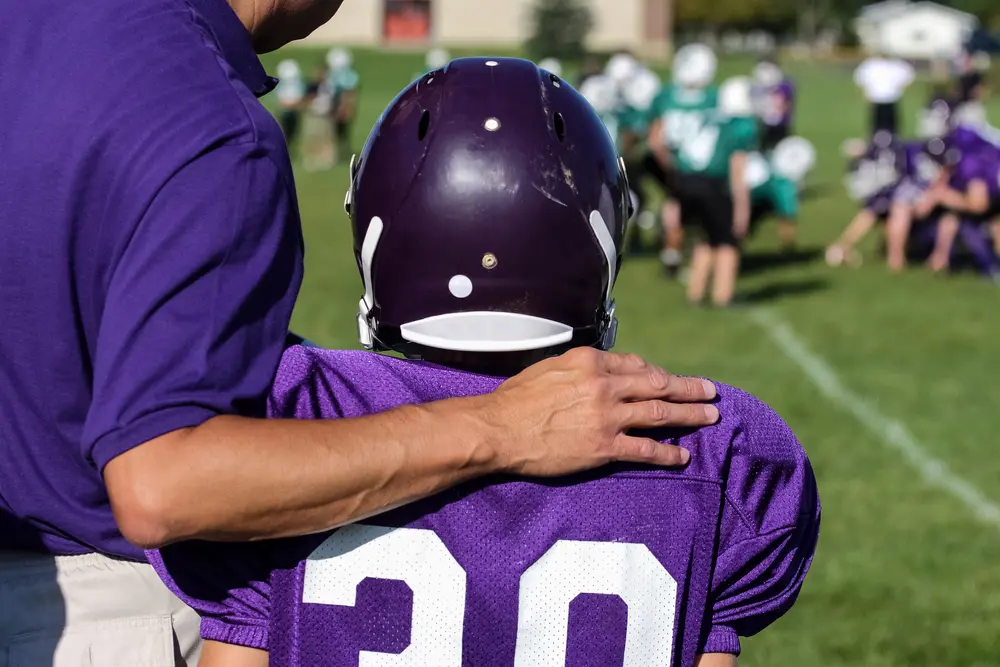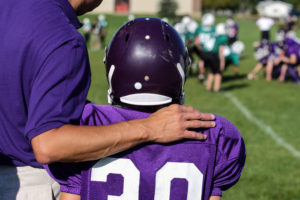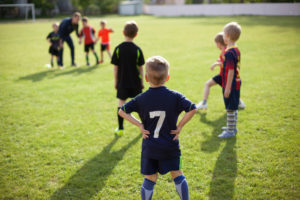
Oct 20, 2017 • 3 min read
Are You Being Unrealistic About Your Young Athlete’s Talent?
Posted in:
Like most parents of young athletes, you probably think your kid is the best. You might wonder why they don’t get more game time or why they don’t start. As a parent, it’s only natural for you to feel this way.
 But let’s face it. There comes a time when every parent needs to step back and look reality square in the face. Unless you’ve actually suited up and taken to the field or ice, or stood behind your players on the bench, it’s almost impossible to be objective in evaluating your child’s skills and talent. Like it or not, our emotional attachment to our kids impedes our ability to fairly assess their performance, especially when compared to their teammates, of whom we can be much more critical.
But let’s face it. There comes a time when every parent needs to step back and look reality square in the face. Unless you’ve actually suited up and taken to the field or ice, or stood behind your players on the bench, it’s almost impossible to be objective in evaluating your child’s skills and talent. Like it or not, our emotional attachment to our kids impedes our ability to fairly assess their performance, especially when compared to their teammates, of whom we can be much more critical.
The fact is, your young athlete’s current relative skill level may not hold up as they move on in their playing career. As they get older and into higher levels, opponents just keep getting bigger. Injuries, though we hate to see them, can certainly alter a youth sports career. A simple change in your kid’s focus can do the same. Maybe they’ll find themselves focusing on another sport or hobby, or with a love interest who takes up much of their time (they are getting older, aren’t they?).
If your young athlete works hard and does everything they can to improve yet it’s just not happening, it’s a good indication they’re not as good as you think they are. Your child’s coach might let you know that he or she lacks the ability to play a specific position, or even make the team. That doesn’t mean they should quit playing; it just gives you some better perspective.
 In fact, if your young athlete does possess noteworthy athletic ability, you can be sure those around you will let you know. Perhaps the best indication that your child has got skill is the reactions from his or her teammates.
In fact, if your young athlete does possess noteworthy athletic ability, you can be sure those around you will let you know. Perhaps the best indication that your child has got skill is the reactions from his or her teammates.
Of course, overestimating the abilities of your child is not so bad. But if it causes you to react in a manner that causes friction with the coach or the other parents–not to mention your child–it’s time to look yourself in the mirror.
If, on the other hand, you truly believe your young athlete is the next superstar, get a second opinion from a qualified coach or someone who has played at a high level. They will know best if your kid has what it takes to move on.
Warren Tabachnick is the editor and publisher of CrossIceHockey.com–For the Recreational Hockey Player.
